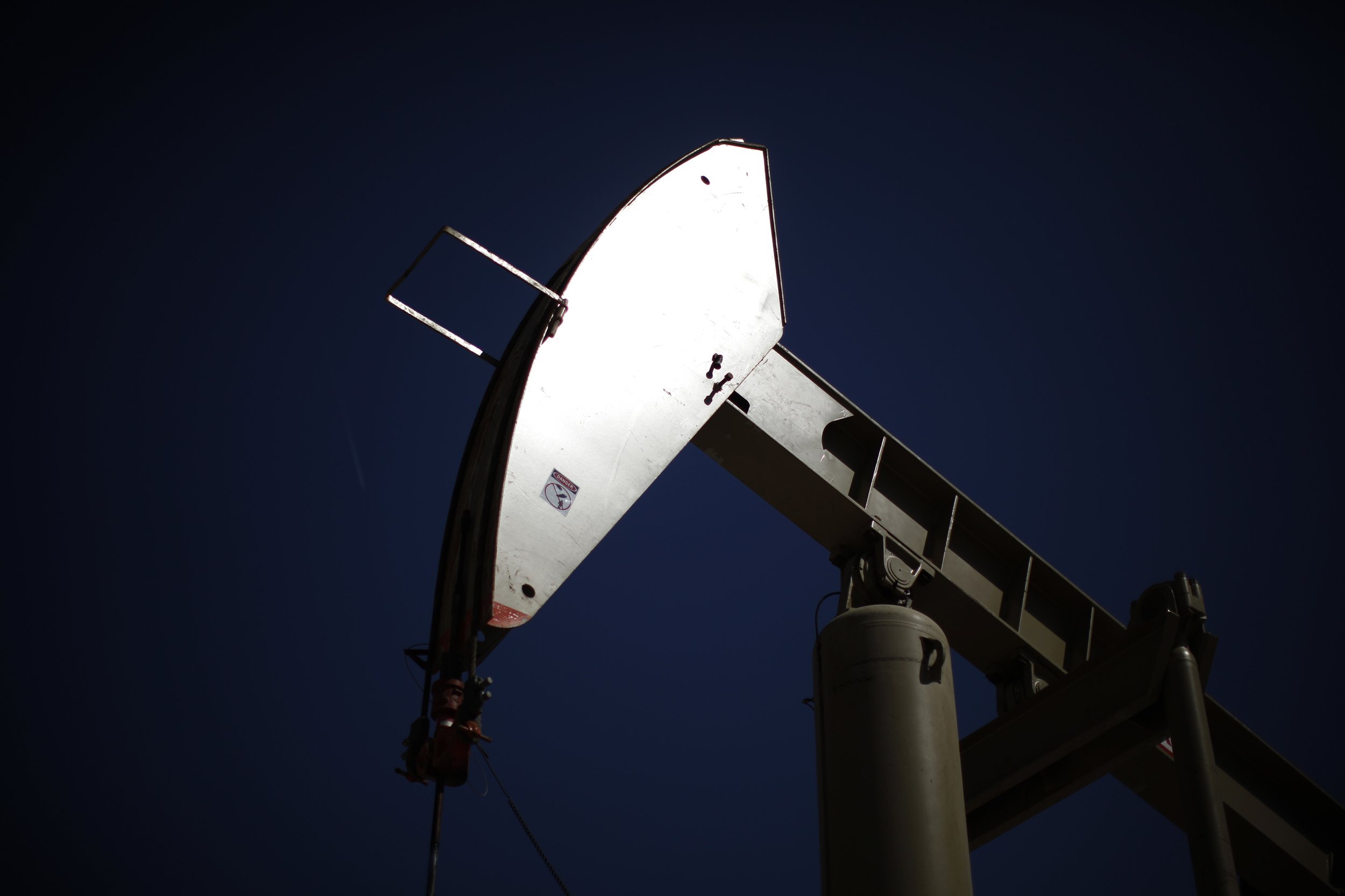
The Obama administration on Friday unveiled new hydraulic fracturing regulations three years in the making. The rules apply to so-called fracking only on federal and tribal lands, leaving in place a patchwork of state regulations that apply to the vast majority of fracking operations that take place on private and state lands.
The rules will cover about 100,000 wells, said the Interior Department. As of last year, there were approximately 1.1 million active oil and gas wells in the U.S., according to data compiled by the research group FracTracker. While it is difficult to know how many of those are fracking wells, due to a mixed bag of state reporting requirements, a 2013 report on hydraulic fracturing regulation compiled by the Congressional Research Service estimated 1 million wells have had hydraulic fraturing applied to them nationwide and 90 percent of new oil and gas wells use the process.
Oil and gas producers, meanwhile, filed suit against the the federal government directly following the announcement of the rules. The Independent Petroleum Association of America (IPAA) and the Western Energy Alliance sued the interior secretary, Sally Jewell, and the Bureau of Land Management (BLM), alleging that the rules are an unnecessary overreach.
"States have been successfully regulating fracking for decades, including on federal lands, with no incident that necessitates redundant federal regulation," Tim Wigley, president of the Western Energy Alliance, said in a statement. "This is a classic case of federal overreach, with the government taking on even more control that will stifle economic growth and job creation while limiting the return to American taxpayers on the energy they all own."
The rules, which take effect in 90 days, largely govern safety of the hydraulic fracturing process. "Current federal well-drilling regulations are more than 30 years old, and they simply have not kept pace with the technical complexities of today's hydraulic fracturing operations," the interior secretary said in a statement Friday.
The rules reflect an effort to address the oil and gas industry's technological revolution of recent years, using new techniques to extract ever-harder-to-reach materials. As fracking has boomed, so has research about the impact of the new techniques on human and environmental health. The Interior Department says it fielded 1.5 million public comments on the topic and worked closely with industry and experts over the more than two years it took to write the rules.
Numerous studies in recent years have pointed to groundwater contamination resulting from leaking cement casing around well shafts and other safety oversights. Drinking water wells in several states have been found to be tainted this way. The new rules will require production companies to test the stability of the cement work to prevent natural gas seepages, as well as to adhere to a new set of standards for how the toxic slurry "flowback" fluid waste from drilling is stored.
The rules also require companies to disclose the cocktails of chemicals they use for drilling within 30 days of completing the fracking process. The chemicals must be posted to an online public database, called FracFocus.
The rule falls far short of proposals from environmental and health groups, who urged the federal government to require that companies disclose their chemicals before beginning to drill.
The rules only sightly modify companies' practice of withholding chemical identities under the premise that they are proprietary information. The new rules will compel companies to go through more effort to claim chemical mixtures as trade secrets, by requiring affidavits for any request for exemption from disclosure. Study after study has highlighted the lack of toxicity information available on fracking fluid. The toxicity of fracking fluid chemicals is obscured in some cases because the exact composition of the fluid and the chemicals used are protected as trade secrets, and therefore not reported by the company that makes them.
Some states have stepped in to address the issue of trade secrets. California, for example, does not offer trade secret protections to fracking fluid manufacturers. However, some states are moving in the opposite direction. North Carolina last year made disclosing trade-secret-protected fracking chemicals a felony.
Uncommon Knowledge
Newsweek is committed to challenging conventional wisdom and finding connections in the search for common ground.
Newsweek is committed to challenging conventional wisdom and finding connections in the search for common ground.
About the writer
Zoë is a senior writer at Newsweek. She covers science, the environment, and human health. She has written for a ... Read more
To read how Newsweek uses AI as a newsroom tool, Click here.








